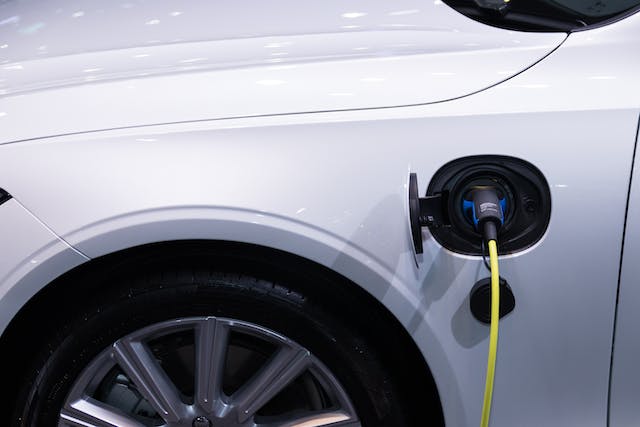Given that consumers are more concerned about the state of the environment than they ever have been, the popularity of electric and hybrid vehicles is at an all-time high. While consumption in general might have plummeted as a result of the UK-wide lockdown, we may yet see a surge in new car purchases following the lifting of those measures – and an unprecedented majority of those cars will run at least partially on electricity.
There’s an unprecedented variety of these sorts of cars now available, and each will need to be protected by a warranty for peace of mind on the road. For example, one of the most popular hybrid cars in the UK, the Toyota Prius, you may want to pick up a Toyota Prius warranty to increase the protection your vehicle has if any unfortunate faults or breakdowns were to occur.
Car Sales Drop
The first few months of 2020 have seen new car sales plummet, with the petrol and diesel markets receiving a disproportionate share of the slump. the traditional ICE vehicles each contracted by around 90%. This should perhaps come as no surprise in an economy where everyone is forced to remain indoors and not travel anywhere. What’s more of a surprise is the fact that the renewable alternatives have enjoyed relatively strong sales in precisely the same period. This suggests that motorists are viewing the lull as an opportunity to change their driving habits. The extent of this shift is something that has surprised many.
Electric & Hybrid Increase
According to figures form the Society of Motor Manufacturers and Traders, plug-in vehicles accounted for 16% of new car registrations in the UK. Along with this, pure electric models accounted for 12%. Despite the slump in sales through May 2020, these renewable categories actually received a boost, rising by more than 60% relative to the same period in the previous year.
Consistently Growing Market
This continues a longstanding pattern, with sales of electric cars sitting at 72,700 in 2019, up from 59,700 in 2018. EVs made up around 7.3% of new vehicles registered in March 2020, shooting up to an astonishing 34% in April, and then a more modest 16% in May.
Given this upsurge, we may see a more sustained acceleration in electric vehicle adoption. Given that there are more of these cars on the road, it may be more feasible for private investors to look at pouring money into charging infrastructure, which will in turn help to drive demand for new EVs. With that said, the broader future of the economy looks incredibly bleak, with the economy contracting by 20.4% in April. As funds begin to become scarcer, spending will decline – and major purchases like cars will be among the first to feel the effects.

